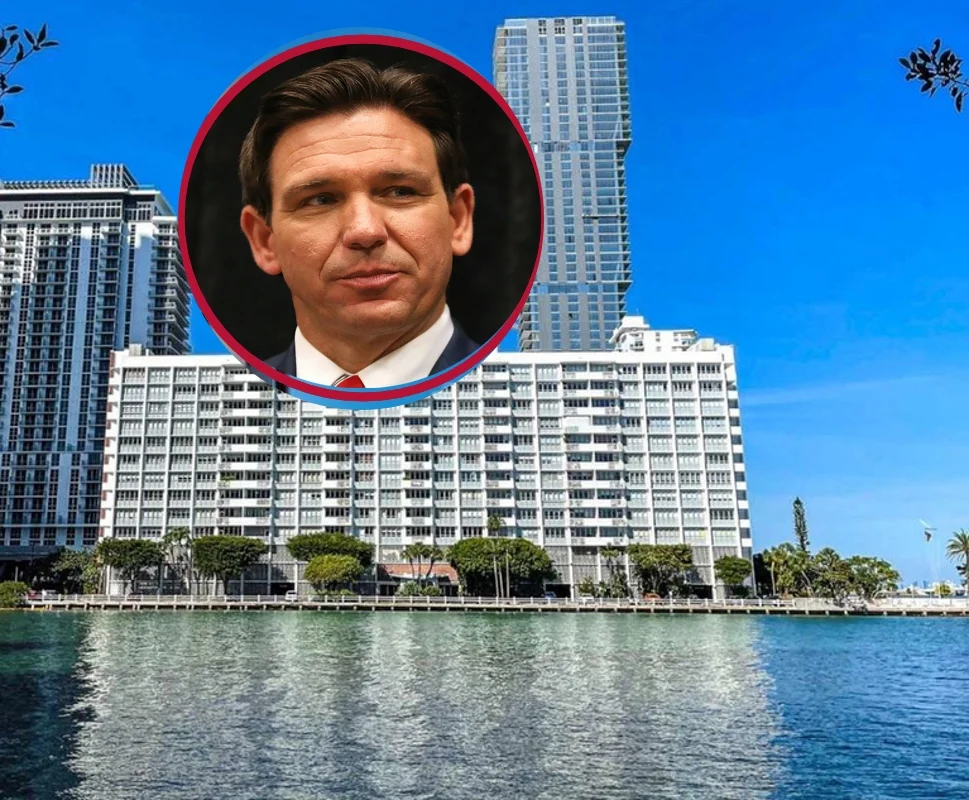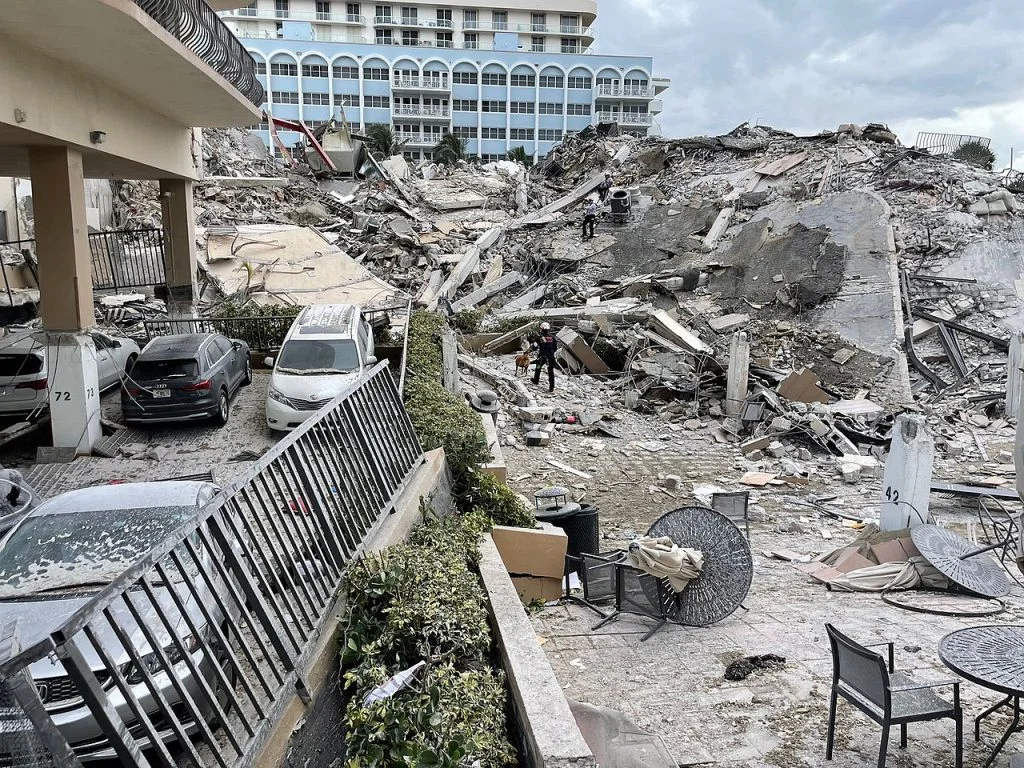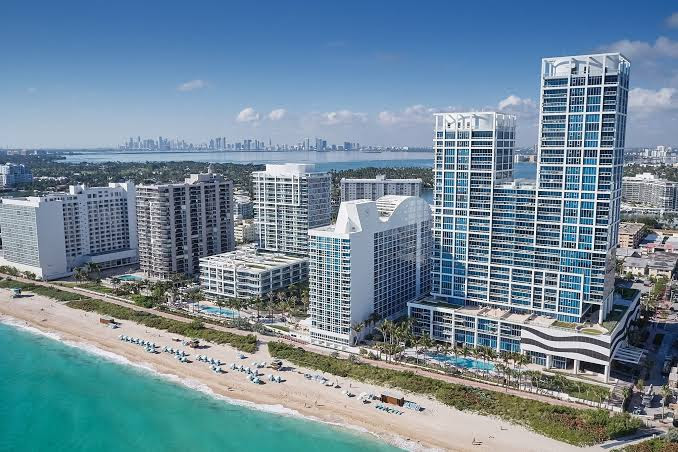
Once known as the ideal retirement spot, Florida is quickly losing its appeal for many retirees. The influx of remote workers and wealthy individuals has driven up home prices, putting a strain on those living on fixed incomes. In just five years, the median price of a single-family home in Florida jumped by $150,000, a 60% increase. Redfin data shows that the average cost of a home rose from approximately $250,000 in March 2018 to around $400,000 by March 2023.

Housing costs are not the only challenge. Inflation and stock market fluctuations have further strained retirees’ finances. As a result, many seniors are looking for more affordable places to live. Limestone County, Alabama, for instance, is becoming a popular choice. It offers lakefront properties, warm weather, and low property taxes, making it an attractive alternative to Florida.

Retirees are also considering other less traditional regions. Towns like Sequim, Washington; Linden, Michigan; and Thermopolis, Wyoming, provide affordable housing, favorable tax conditions, and proximity to major metropolitan areas. These factors make them appealing destinations for those looking to stretch their retirement savings.

In light of these changes, financial experts advise retirees to continue investing, set aside emergency funds, maintain an up-to-date estate plan, and avoid debt. These steps can help ensure financial security and make savings last longer.

The tragic collapse of Chaplain Towers in Surfside in 2021 has also influenced perceptions of condo living. In response, Governor Ron DeSantis introduced a new law aimed at improving condominium safety.

However, this law, House Bill 1021, has been controversial. It includes measures like mandatory structural integrity reserve studies for buildings over three stories high every ten years, depending on their proximity to the coast. This has hit some condo owners with huge assessments that they simply don’t have the savings to cover.

While the bill aims to increase transparency, mandate training for management, and enforce stricter oversight, critics argue it benefits large companies more than individual condo owners. For instance, the Miami Beach hotel and spa Carillon can now avoid a $16.3 million payment due to the law’s retroactive application.

The rising cost of home insurance in Florida is causing significant financial strain. Natural disasters have made insurance premiums soar, with around 70% of homeowners struggling to keep up. In the past year, 12% of Florida homeowners have dropped their insurers because they could no longer afford the premiums.

House Bill 1021, initially intended to enhance condo safety and accountability, has sparked debate due to its additional provisions. While it mandates inspections and funds for necessary repairs to prevent disasters like the Chaplain Towers collapse, its broader implications have raised concerns among condo owners.

As Florida becomes less viable for many retirees, the search for affordable, secure, and desirable retirement destinations continues, highlighting the need for careful financial planning and consideration of alternative living arrangements.






